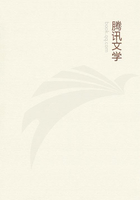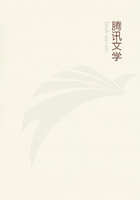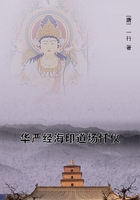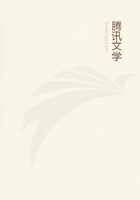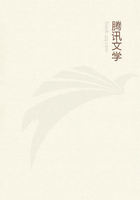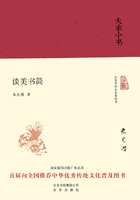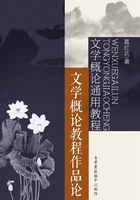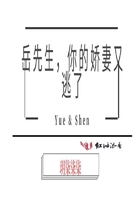8. Both in natural and in voluntarily aroused emotions, the physical concomitants have, besides their symptomatical significance, the important psychological attribute of intensifying the emotion. This attribute is due to the fact that the excitation or inhibition of certain particular groups of muscles is accompanied by inner tactual sensations which produce certain sense-feelings. These feelings unite with the other affective contents of the emotion and increase its intensity. From the heart, respiratory organs, and blood-vessels we have such feelings only for strong emotions, where they may indeed be very intense. On the other hand, even in moderate emotions the state of greater or less tension of the muscles exercises an influence on the affective state and thereby on the emotion.
9. The great number of factors that must be taken into consideration for the investigation of emotions renders a psychological analysis of the single forms impossible. This is all the more so because each of the numerous distinguishing names marks off a whole class, within which there is a great variety of special forms, including in turn an endless number of single cases of the most various modifications. All we can do is to take a general survey of the fundamental form of emotions . The general principles of division here employed must, of course, be psychological, that is, such as are derived from the immediate attributes of the emotions themselves, for the accompanying physical phenomena have [p. 178] only a symptomatical value and are even then, as noted above, equivocal in character.
Three such psychological principles of classification may be made the basis for the discrimination of emotions: 1) according to the quality of the feelings entering into the emotions, 2) according to the intensity of these feelings, 3) according to the form of occurence, which is conditioned by the character and rate of the affective changes.
10. On the basis of quality we may distinguish certain fundamental emotional forms corresponding to the chief affective directions distinguished before (p. 83). This gives us pleasurable and unpleasurable, exciting and depressing, straining and relaxing emotions. It must be noted, however, that because of their more composite character the emotions, are always, even more than the feelings, mixed forms. Generally, only a single affective direction can be called the primary tendency for a particular emotion. There are affective elements belonging to other directions, that enter in as secondary elements. Their secondary character usually appears in the fact that under different conditions various sub-forms of the primary emotion may arise. Thus, for example, joy is primarily a pleasurable emotion. Ordinarily it is also exciting, since it intensifies the feelings, but when the feelings are too strong, it becomes a depressing emotion.
Sorrow is an unpleasurable emotion, generally of a depressing character; when the intensity of the feelings becomes somewhat greater, however, it may become exciting, and when the intensity becomes maximal, it passes again into very marked depression. Anger is much more emphatically exciting and unpleasant in its predominant characteristics, but when the intensity of the feelings becomes greater, as when it develops into rage, it may become depressing. Thus, exciting and depressing tendencies are always mere secondary qualities [p. 179] connected with pleasurable and unpleasurable emotions. Feelings of strain and relaxation, on the contrary, may more frequently be the chief, or at least the primary components of emotions.
Thus, in expectation, the feeling of strain peculiar to this state is the primary element of the emotion. When the feeling develops into an emotion, it may easily be associated with unpleasurable feelings which are, according to circumstances either exciting or depressing. In the case of rhythmical impressions or movements there arise from alternation of feelings of strain with those of relaxation pleasurable emotions which may be either exciting or depressing according to the character of the rhythm. When they are depressing we may even have unpleasurable feelings intermingled with them, or they may all be of this kind, especially when other affective elements cooperate, for example feelings of clang or harmony.
11. Language has paid the most attention in its development of names for emotions to the qualitative side of feelings, and among these qualities particularly to pleasurable and unpleasurable. These names may be divided into three classes. First we have those of emotions that are subjectively distinguished, chiefly through the nature of the affective state itself, such as joy and sorrow and, as subforms of sorrow in which either depressing, straining, or relaxing tendencies of the feeling are also exhibited, sadness, care, grief, and fright. Secondly, there are names of objective emotions referring to some external object, such as delight and displeasure and, as subforms of the latter in which, as above, various tendencies unite, annoyance, resentment, anger, and rage.
Thirdly, we have names of objective emotions that refer rather to outer events not expected until the future, such as hope and fear and, as modifications of the latter, worry and anxiety. They are combinations of feelings of strain [p. 180] with pleasurable and unpleasurable feelings and, in different ways, with exciting and depressing tendencies as well.

